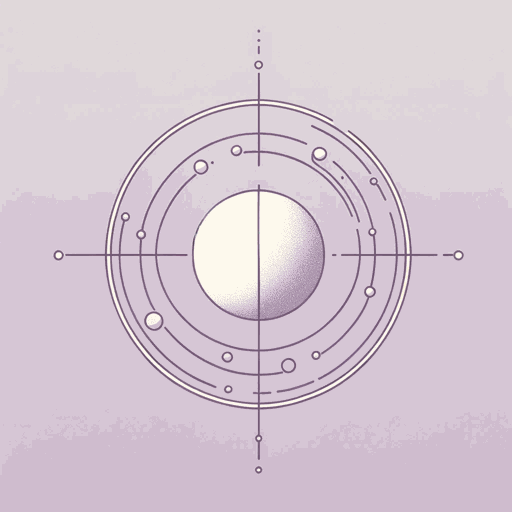46 pages • 1 hour read
Ursula K. Le GuinLavinia
Fiction | Novel | Adult | Published in 2008A modern alternative to SparkNotes and CliffsNotes, SuperSummary offers high-quality Study Guides with detailed chapter summaries and analysis of major themes, characters, and more.
Background
Literary Context: The Aeneid
Content Warning: This section discusses death by suicide.
The Aeneid is an epic poem by Publius Vergilius Maro (70 BCE-19 BCE), better known as Virgil (or, as spelled in Lavinia, Vergil). He was a Roman poet, and the Aeneid, which he composed during the final decade of his life, is widely considered his most famous and most accomplished work. The Aeneid is 9,896 lines long and was originally written in Latin, in dactylic hexameter. The purpose of the Aeneid was to create a mythical link between the Roman civilization and the slightly earlier Greek civilization. During Virgil’s lifetime, such nation-building was important for Roman leaders, particularly Augustus (also known as Octavian), who was in power during most of the time that Virgil was composing the Aeneid. Linking Roman history with Greek history allowed the ancient Romans to reify their power and legitimize their control over a large empire.
The Aeneid tells the story of Aeneas, a Trojan warrior who fought in the decade-long war between the Greeks and the Trojans. The war occurred when Paris, a Trojan prince, kidnapped Helen of Sparta and took her to Troy. Helen’s husband, Menelaus, gathered a huge Greek fleet to retrieve her.
Related Titles
By Ursula K. Le Guin

A Wizard of Earthsea
Ursula K. Le Guin

The Dispossessed
Ursula K. Le Guin

The Lathe Of Heaven
Ursula K. Le Guin

The Left Hand of Darkness
Ursula K. Le Guin

The Ones Who Walk Away from Omelas
Ursula K. Le Guin

The Tombs of Atuan
Ursula K. Le Guin

The Word for World is Forest
Ursula K. Le Guin
Featured Collections
Appearance Versus Reality
View Collection
Books & Literature
View Collection
Books on Justice & Injustice
View Collection
Books that Feature the Theme of...
View Collection
Books that Feature the Theme of...
View Collection
Brothers & Sisters
View Collection
Childhood & Youth
View Collection
Coming-of-Age Journeys
View Collection
Community
View Collection
Daughters & Sons
View Collection
Family
View Collection
Fate
View Collection
Fathers
View Collection
Forgiveness
View Collection
Good & Evil
View Collection
Grief
View Collection
Hate & Anger
View Collection
Loyalty & Betrayal
View Collection
Marriage
View Collection
Memorial Day Reads
View Collection
Memory
View Collection
Military Reads
View Collection
Mortality & Death
View Collection
Mothers
View Collection
Mythology
View Collection
Order & Chaos
View Collection
Pride Month Reads
View Collection
Pride & Shame
View Collection
Trust & Doubt
View Collection
Valentine's Day Reads: The Theme of Love
View Collection
War
View Collection

